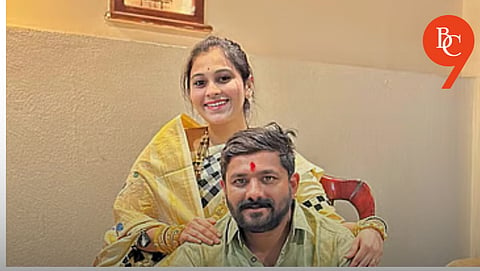

On Friday, Vaishnavi Hagwane was found dead by suicide at her residence in Mulshi. The police complaint filed by her family alleges that she was subjected to ongoing mental and physical torture by her husband and in-laws, all linked to a well-known political party. The FIR specifically mentions dowry demands as a central reason for the harassment, including requests for gold, a luxury car, and other valuables.
The case took a dramatic turn when a key political office-bearer from Ajit Pawar’s party, also a member of Vaishnavi’s in-law family, went absconding following the incident. This has fueled public anger and questions about the misuse of power, the safety of women in political households, and the effectiveness of legal protections.
Marrying into a political family is often seen as a ticket to social prestige, influence, and financial security. However, as cases like Vaishnavi’s reveal, the reality can be far more complex and fraught with risk:
Political families often wield significant social and legal influence, which can be used to suppress complaints or intimidate victims.
Every aspect of personal life becomes public, making it harder for victims to seek help without facing media trials or political backlash.
Traditional expectations, family honor, and political ambitions can place enormous pressure on women to endure abuse silently.
Victims may struggle to get justice due to the accused’s connections, leading to delayed or compromised investigations.
The Vaishnavi Hagwane case also highlights a growing cynicism about the institution of marriage itself:
Dowry and Material Demands: Despite legal prohibitions, dowry demands remain widespread, turning marriage negotiations into financial transactions.
Social Facade: Many marriages are maintained for appearances, while underlying issues of abuse, incompatibility, or exploitation persist.
Changing Values: With rising cases of domestic violence, dowry deaths, and marital scams, many young people are questioning the traditional approach to marriage.
Families should prioritize background checks and open conversations about expectations, values, and red flags before arranging marriages. Girls should be encouraged to pursue education, financial independence, and self-confidence so they can make informed choices and stand up against injustice.
Laws against dowry and domestic abuse must be enforced without bias, regardless of the accused’s social or political status. Helplines, counseling, and legal aid should be made easily accessible to victims, especially those in influential families. Society needs ongoing education about the dangers of dowry, the importance of consent, and the right to a safe marriage.
